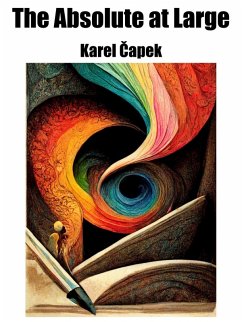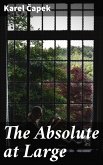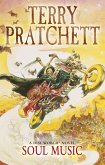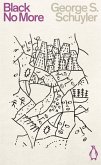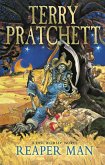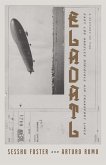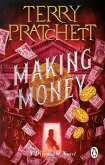The Absolute at Large (Továrna na absolutno in the original Czech, literally translated as The Factory for the Absolute), is a science fiction novel written by Czech author Karel Capek in 1922. The first sentence opens the story on New Year's Day 1943 -- a future date at the time of writing -- and describes the fundamental transformations in society as the result of a new mystical source of virtually free energy.
Dieser Download kann aus rechtlichen Gründen nur mit Rechnungsadresse in A, D ausgeliefert werden.

